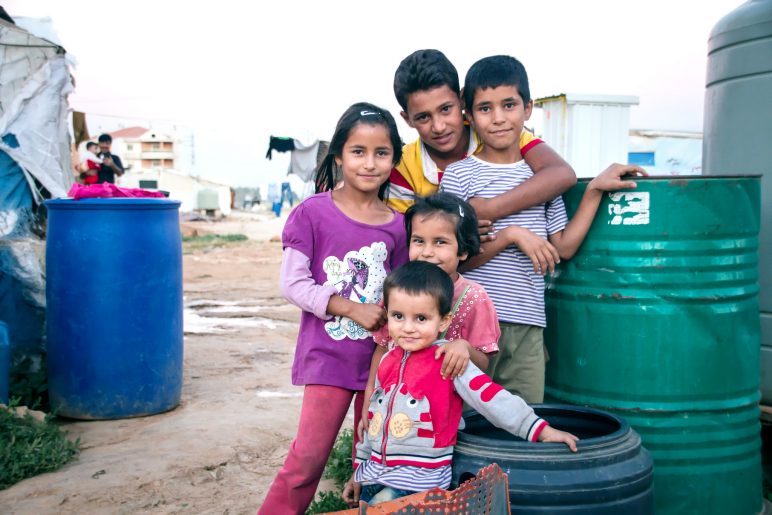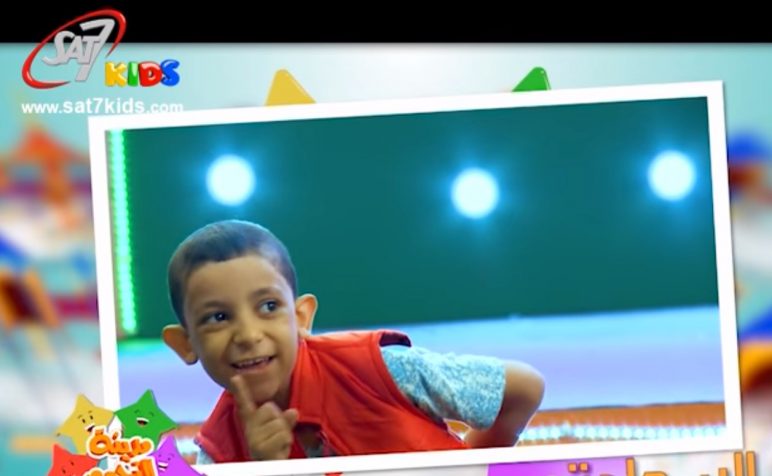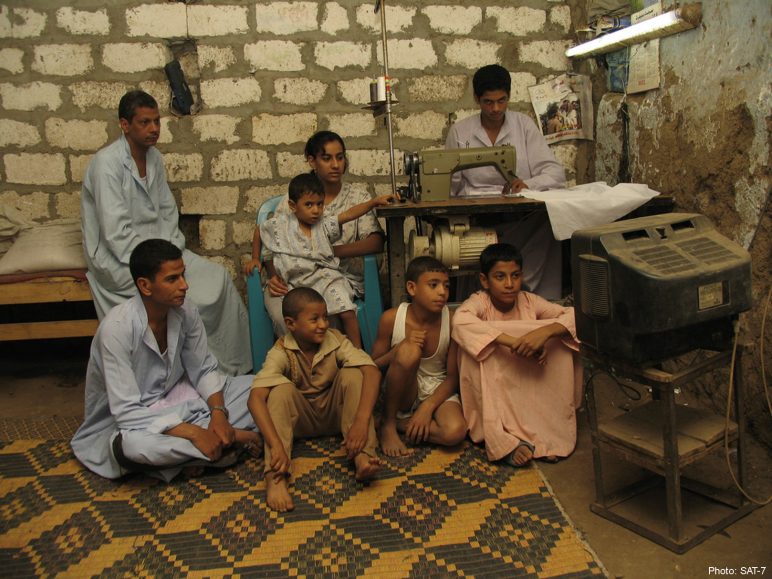Editor’s note: The night always seems longer when you are looking forward to dawn. The bombs and gunfire in the warzone, the ruined houses and the perilous escape have been deeply imprinted on the minds of each refugee. Today, the world is experiencing the biggest refugee crisis since the World War II. In Syria alone, over half of the pre-war population has been forced to leave their homes. In this issue of SHARE, we will focus on Syrian refugee children, known as the “lost generation”, and how CEDAR’s partner utilises satellite television to help them improve their psychological health and advance their personal development. In “Back to the Bible”, Professor Ip Hon Ho Alex shared how structural sins can twist our values and what the Apostle Paul’s reminder means to us. In “Blessings by Offering”, we will call on believers to spread love and hope by helping Syrians to survive the bitter winter.
[“SHARE” JAN – MAR 2020 ] FOCUS
Written by: Edward Lai (Senior Communications Officer)
The Syrian War has already been 8 years and it is still far from over. Chronic warfare resulted in uncountable casualties and destruction. More than 11 millions of civilians lost their homes, and were either displaced within the country or have fled to countries in the Middle East and North Africa to seek asylum, such as Lebanon, Turkey, and Jordan [1]. When their homelands are still devastated by conflicts, rebuilding their country seems impossible. How do these refugees live in neighbouring countries? Why are their children and other Middle Eastern and North African children described as the “lost generation”? While facing multifaceted challenges, how does this younger generation bear hope for the future? Kurt Johansen, executive director of SAT-7 Europe, Asia and Pacific, a partner of CEDAR, answered our questions one by one.







